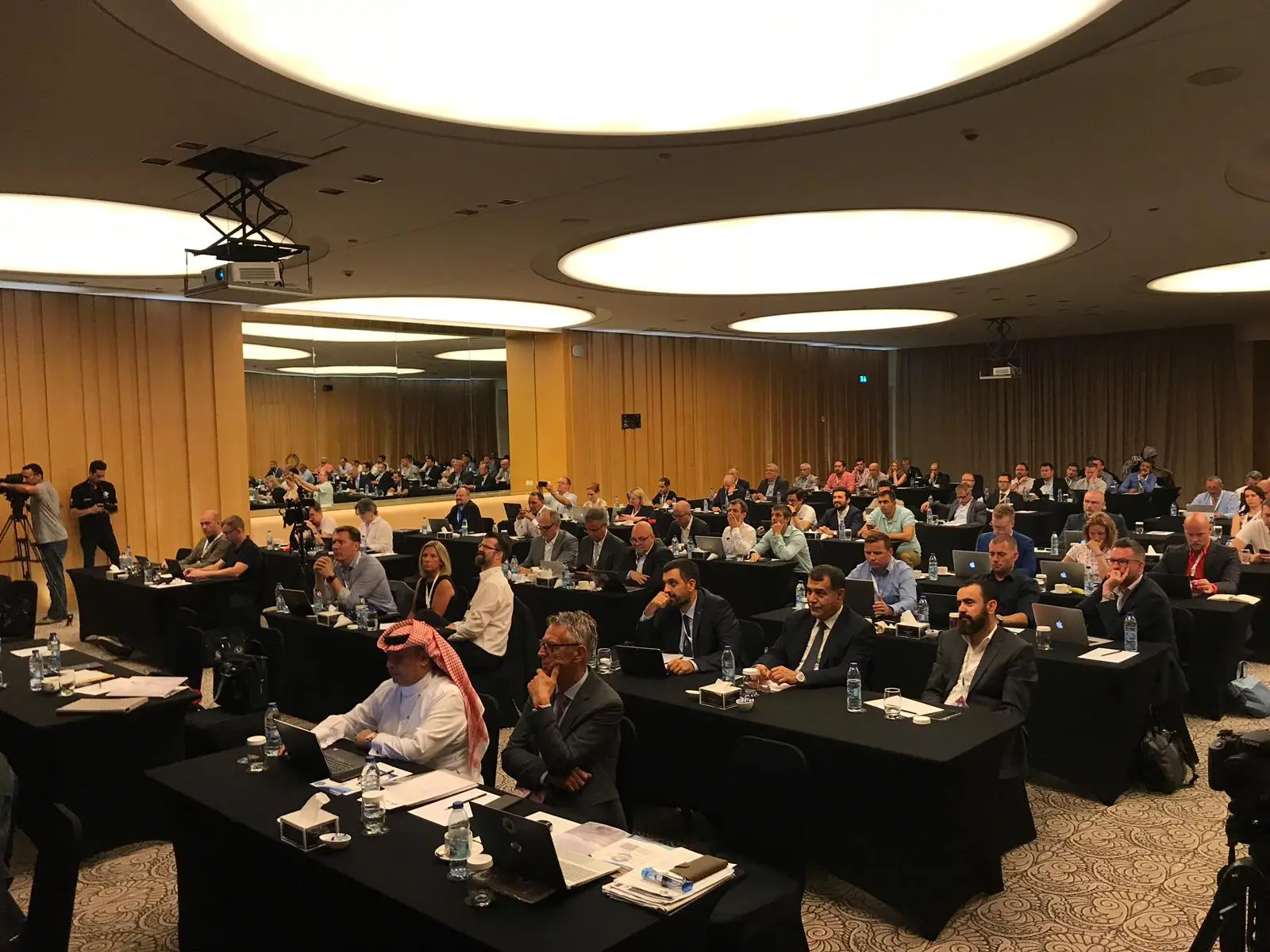PUBLIC STATEMENT
The International Federation of Air Traffic Controllers’ Associations (IFATCA), representing 43 Air Traffic Controllers’ Professional Associations across Europe and more than 20,000 Air Traffic Controllers (ATCO), take note of unfair and negative comments aimed at the profession of air traffic control. IFATCA does appreciate that air traffic controller staff shortages are finally recognised as one of the most important delay contributors in the European Network.
For years, the European Commission and Air Navigation Service Providers (ANSPs) have been heavily lobbied to cut costs which has resulted in reduced investments in essential technical upgrades, slowed innovation, deferred recruitment contributing to inadequate staffing. Simultaneously, the number of flights within the European Aviation Network has increased, exacerbating the problem.
IFATCA has consistently warned about the deteriorating staffing situation at many ANSPs, foreseeing the significant risks and the negative consequences for the system’s growth and stability. Unfortunately, these warnings have come to fruition, with the situation becoming increasingly dire and challenging to manage.
The primary objective of Air Traffic Control (ATC) is to ensure the safe, orderly, and efficient operation of ALL flights. When the aviation system cannot guarantee safety due to adverse weather, staffing shortages, technical issues, airspace unavailability, or increased demand, it is ATC’s duty to reduce capacity to safeguard the system and protect passengers, crews, airlines, and the public. While this may result in delays, the paramount concern is always the safety of passengers reaching their destination.
There are solutions to reduce delays and improve capacity, which consider all requirements, including sovereignty and security while also minimizing excessive CO2 emissions. As a professional and technical Federation, IFATCA remains committed to engaging with all stakeholders to develop safe, stable, efficient, and sustainable solutions. Prioritising staff recruitment and reducing fragmentation are essential to mitigating the adverse effects of previous poor managerial decisions over the last decades.
IFATCA reaffirms its unwavering support for the women and men who ensure the safe, stable, and efficient operation of the European Aviation Network. Despite challenging conditions, air traffic controllers continue to go the extra mile to deliver the highest quality service daily. Moving forward, constructive cooperation and productive collaboration are crucial to meeting the expectations of all stakeholders.
Safety shall remain the absolute priority in all circumstances!







